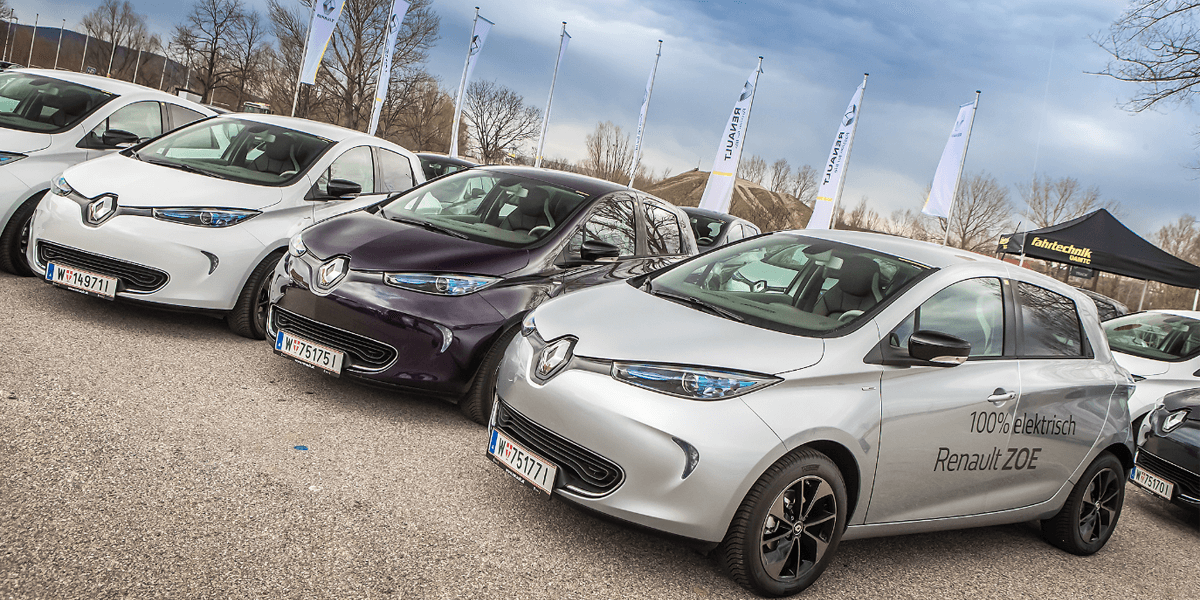Austrian government sets out plan for cleaner transport
Austria aims to decarbonise its transport sector. The coalition of the Austrian People’s Party (ÖVP) and the Greens want public authorities to exclusively purchase zero-emission vehicles as early as 2022 and otherwise focus on subsidies for the electrification of official fleets, taxis, rental cars, car-sharing, public transport as well as private cars.
The government programme for 2020 to 2024 states that the public sector should set a good example. For example, it wants to create binding guidelines to “make the procurement of zero-emission vehicles by the public sector the standard as soon as possible – if possible as early as 2022” (with the exception of special vehicles, emergency vehicles and vehicles of the armed forces). The purchase of combustion engines, on the other hand, should become the exception – “and must be justified”. From 2027 onwards, the programme also states the aim of completely phasing-out of new registrations of vehicles with combustion engines in public procurement. The life cycle costs (“TCO/Total Cost of Ownership”) would become the basis of the procurement process, including consideration of the environmental and health benefits.
The coalition partners also want to continue the subsidies for e-buses, H2 buses including infrastructure and charging stations. In order to facilitate fleet conversions more easily, the support system at the federal and state level is to be simplified. The purchase of electric and hydrogen fuel cell cars should also continue to be promoted via private car premiums. The current purchase premium amounts to 3,000 euros for e-cars up to 50,000 euros (private) and up to 60,000 euros (companies, municipalities and associations).
In addition, the new leadership intends to continue the #mission2030 program launched by the previous government. Against this background, it is striving for legal regulation in order to push for “emission-free operation of newly registered taxis, rental cars and car-sharing cars” from 2025. By 2027, car-sharing parking spaces in public spaces are only to be made available to operators of purely electric fleets. Conversely, providers of car-sharing, on-call buses, taxis and shared taxis can expect to be offered subsidies for fleet conversion in future.
Finally, Austria also aims to participate in the pan-European research and innovation project to establish a battery value chain. The programme states in keywords: “Participation in IPCEI ‘Batteries’ (Important Project of Common European Interest)”. In December, the EU Commission approved state aid totalling 3.2 billion euros for this project. To date, this involves seven EU member states – namely Belgium, Germany, Finland, France, Italy, Poland and Sweden.
dieneuevolkspartei.at (pdf in German)





1 Comment